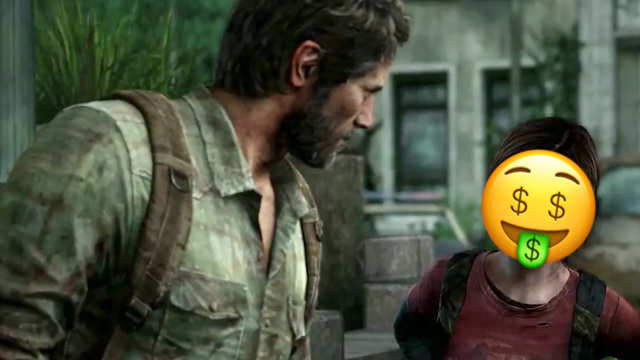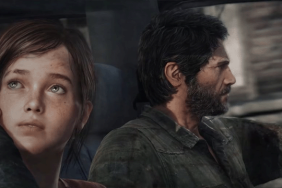Let me start by saying that The Last of Us is my favorite game of all time. Its story, presentation, gameplay, and online multiplayer are all top-tier, combining to make for an almost perfect game. At the time of writing, The Last of Us Remastered is currently available at no extra cost to PlayStation Plus subscribers. If…

Atlas is an action-rpg with rogue-like elements where you use your ability to control the ground to fight the enemies and move through procedurally generated worlds.










